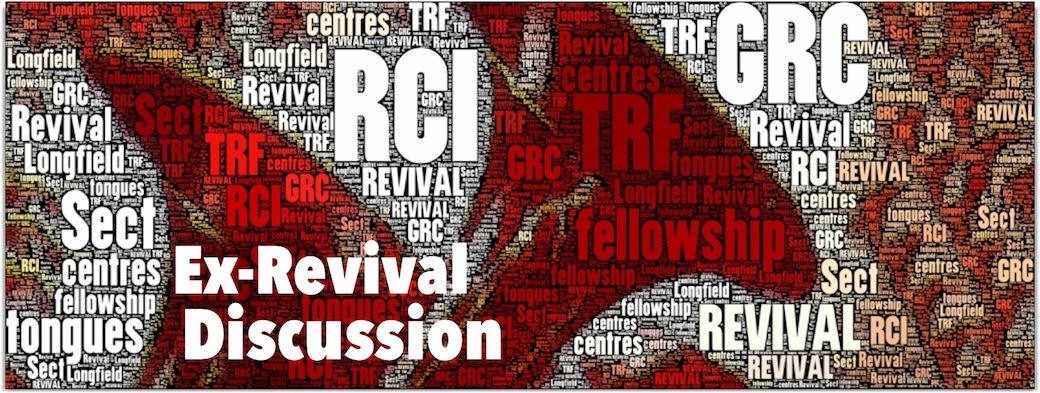
|
| Title: What to look for in a church | |
| Revival_Centres_Discussion_Forums > Bible, Beliefs, Scriptures and 'The Word' > The Christian room - For Christians about Christianity | Go to subcategory: |
| Author | Content |
|
Didaktikon
|
|
|
Date Posted:13/09/2025 5:32 AMCopy HTML Hello, All. One of the most frequent questions I've been asked by people I've helped to leave Revivalism is, "what church should I attend?" The wag in me generally responds with, "a Christian church of course!" but humor aside, at the heart of the question lies an acknowledgement of the unfamiliar. When all one has ever known is the 1-2-3 Revivalist nonsense, it's very easy to seek out the familiar, or perhaps the nearly so. It's due to this a majority of former Revivalists inevitably gravitate towards Pentecostal groups, but this can be dangerous in that it can reinforce mistaken assumptions about what it means to be Christian. And I speak from personal experience given I followed this path myself. A decade, and significant study later, I weaned myself off the Pentecostal at around the same time I first became active on the original counter-RCI web forum (i.e. 1999). By way of a summary: I spent three and a half years a Revivalist, ten years a Pentecostal, and twenty-five years as a generalist Christian. Given my career led me the length and breadth of Australia, I've been intentional in fellowshipping as broadly as possible, choosing a different denomination with every move. Consequently, I've had the opportunity to experience the landscape and diversity of Protestant Christianity as broadly practiced in Australia: Anglican, Assemblies of God, Baptist Union, Christian City Church, Christian Reformed, Congregational, home church movement, independent evangelical, Lutheran, Presbyterian, and Uniting. While every group on my list has its own distinctives (whether theological, cultural or political), there are features in common among those I rate most highly. So it's the features I advise people to look for more than any particular denomination. The following represents the key criteria I personally look for in a church
It's worthwhile mentioning that membership / followship (the spelling is intentional) in a particular expression of Christianity isn't grounds for excluding Christians whose differences might, at first, seem insurmountable. For example, I'm good friends with several Roman Catholic priests and deacons, and a few Orthodox clergy as well. These ancient communions are sacramental in their theology, and highly liturgical in their practices, and it's in these areas there are very real barriers to full communion. So while I will occasionally attend Roman Catholic and Orthodox services, out of respect and courtesy I won't partake of the Eucharist because I understand what it signifies to them. My Catholic / Orthodox brothers and I consistently seek to be ecumenical in spirit, following Meldenius' example: "In essential things, unity; in non-essential things, liberty; in all things, charity." Why? Well, it pays to remember the New Testament writings from the Acts of the Apostles onwards demonstrates the early Church was extraordinarily diverse in culture and practice from the very start. Please consider. Ian email: didaktikon@gmail.com email: didaktikon@gmail.com
|






